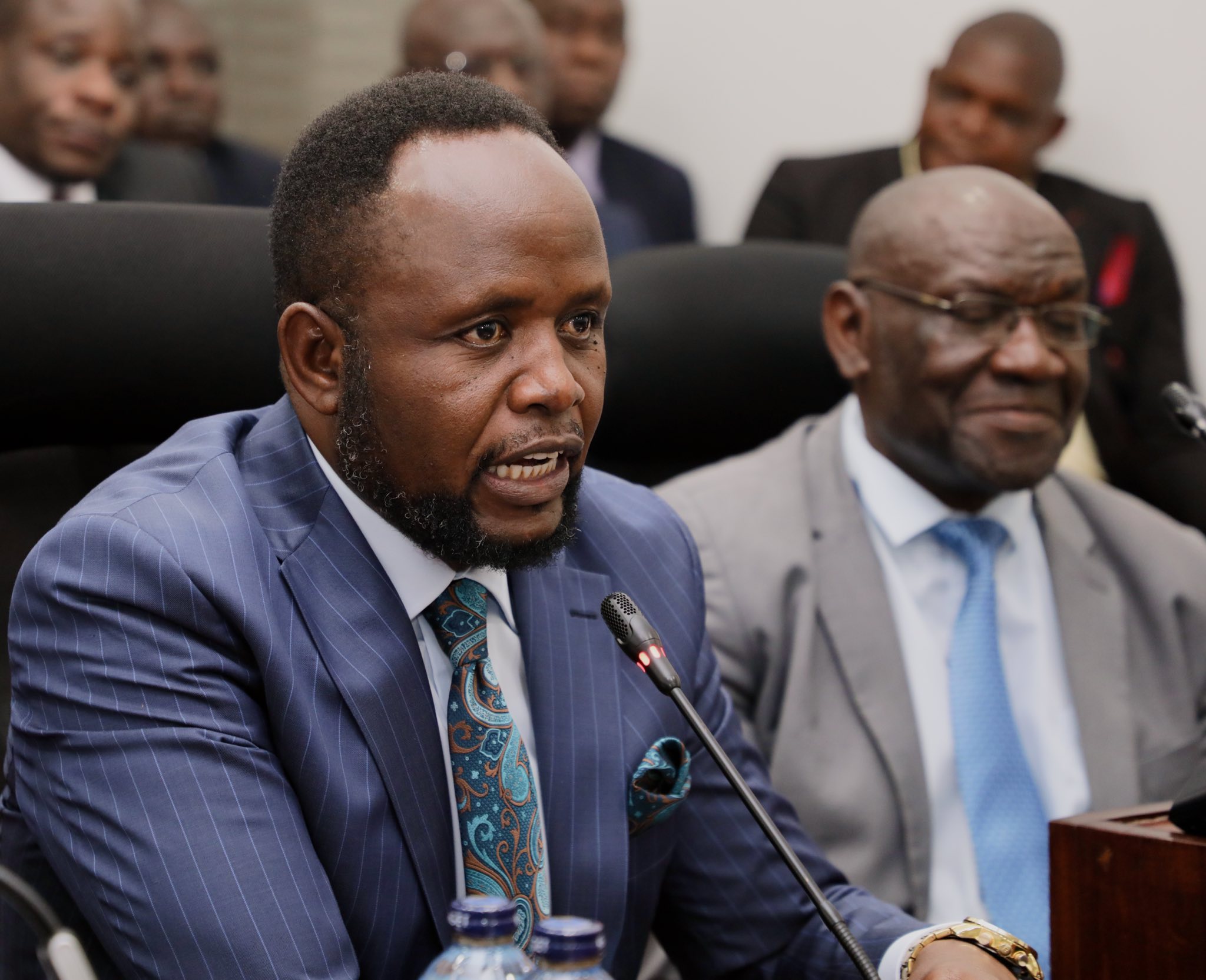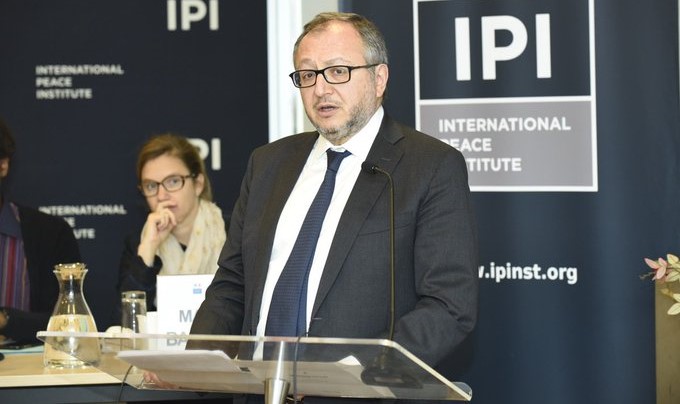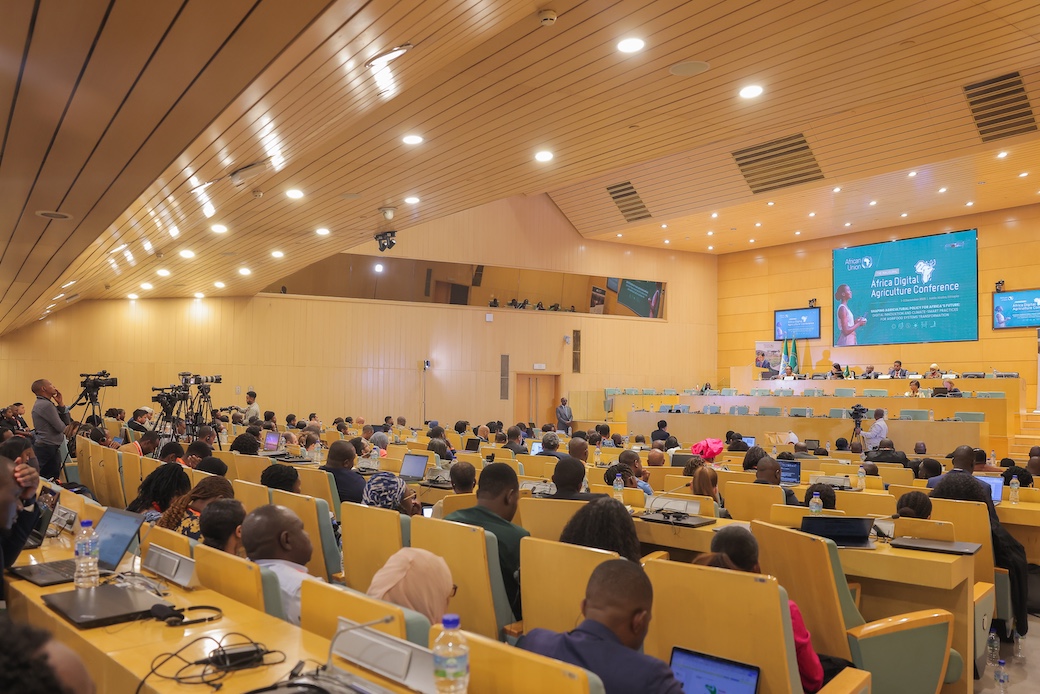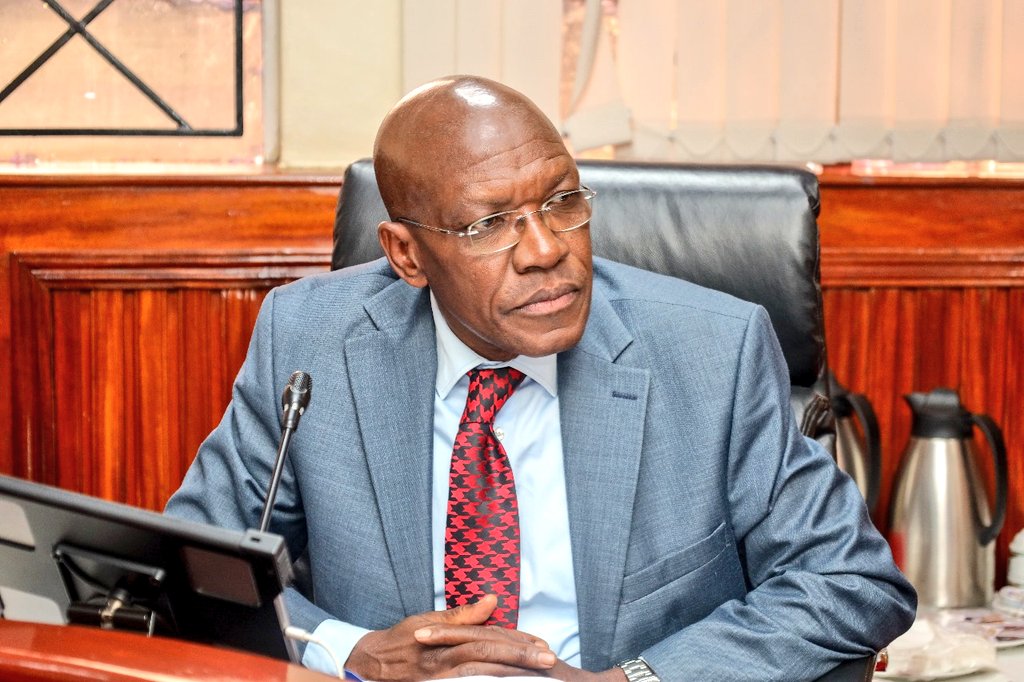Parliament moves to hold college principals accountable over audit failures

MPs have initiated steps through the Parliamentary Directorate of Legal Services to propose targeted legislation aimed at curbing mismanagement and ensuring prompt resolution of audit queries.
Parliament has been urged to enact specific legislation compelling principals of higher learning institutions to address audit queries, amid growing concern over persistent negligence and mismanagement in several colleges and TVETs.
The Public Investments Committee on Governance and Education said the move would help close accountability gaps that have allowed institutional heads to ignore repeated audit findings.
More To Read
- Top schools flagged for illegal fees and uniform procurement in Auditor General’s report
- Auditor General calls for penalties on officers who ignore audit recommendations
- 2025 KCSE concludes smoothly as government reports sharp decline in exam cheating cases
- Auditor General Nancy Gathungu warns of pension losses as government delays remittances
- Revenue gaps, budget misalignments hurting service delivery, warns Auditor General
- Tension mounts as school heads, teachers’ union reject new TSC leadership structure
Chaired by Bumula MP Wanami Wamboka, the Committee expressed concern over the continued failure by college and TVET principals to act on issues flagged by the Office of the Auditor-General in their financial statements.
The warning followed Wednesday’s meetings with Sikri Technical and Vocational College, Aldai Technical Training College, Mosoriot Teachers Training College, Tambach Teachers Training College, Emgwen Technical and Vocational College, and Kapcherop Technical and Vocational College.
At Sikri Technical and Vocational College, Principal Evans Oyoo displayed limited knowledge of the institution’s challenges, drawing sharp criticism from MP Wamboka.
“The Committee finds you incompetent and clueless, and we have to find a way to have a law that if someone is consistently in the red, they cannot continue to hold office,” Wamboka said.
Recurring reluctance
Committee members observed that the recurring reluctance to address audit findings and improve institutional management stems from unclear provisions on how to deal with repeated administrative failures, despite the existence of several oversight laws.
“Once these reports by Audit Committees are tabled and there are recurrent issues, we need to find ways to deal with the individuals while still in office,” said Embakasi West MP Mark Mwenje.
While acknowledging existing laws such as the Public Procurement and Asset Disposal Act, MPs argued that enforcement remains weak.
They have since initiated steps through the Parliamentary Directorate of Legal Services to propose targeted legislation aimed at curbing mismanagement and ensuring prompt resolution of audit queries.
Auditor-General Nancy Gathungu has repeatedly voiced concern over the low implementation rate of her office’s audit recommendations, warning that it undermines accountability and the prudent use of public resources.
She noted that inaction continues to erode transparency, service delivery, and good governance.
“Only 21 per cent of audit recommendations have been implemented. This means a staggering 79 per cent remain unaddressed,” she said during the launch of the Auditor General’s Eastern Regional Offices in Embu County, describing the situation as “deeply disappointing” and reflective of a widespread lack of commitment to fiscal responsibility.
Top Stories Today










































